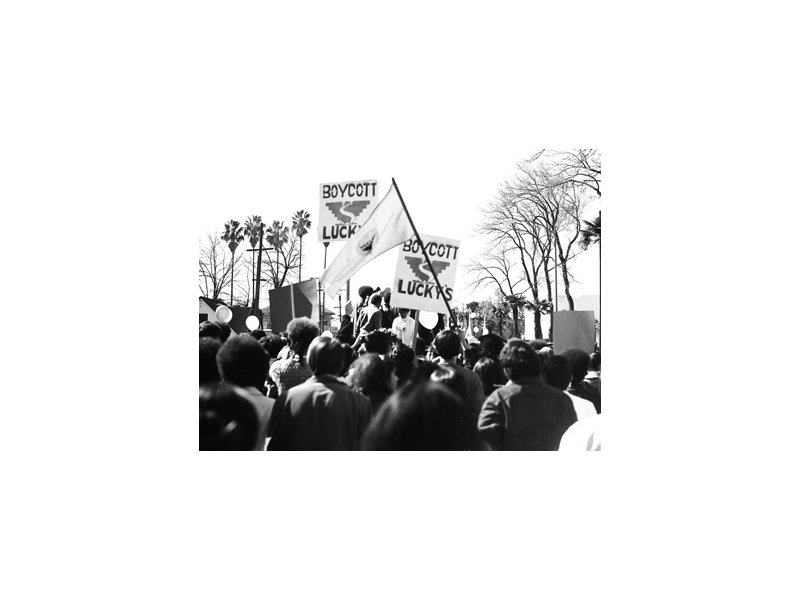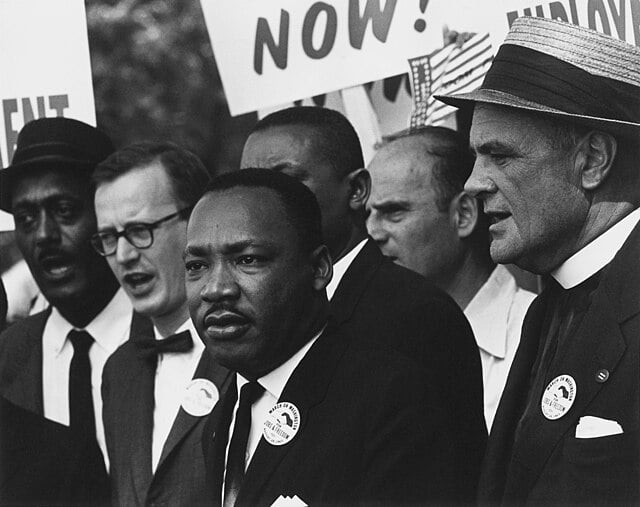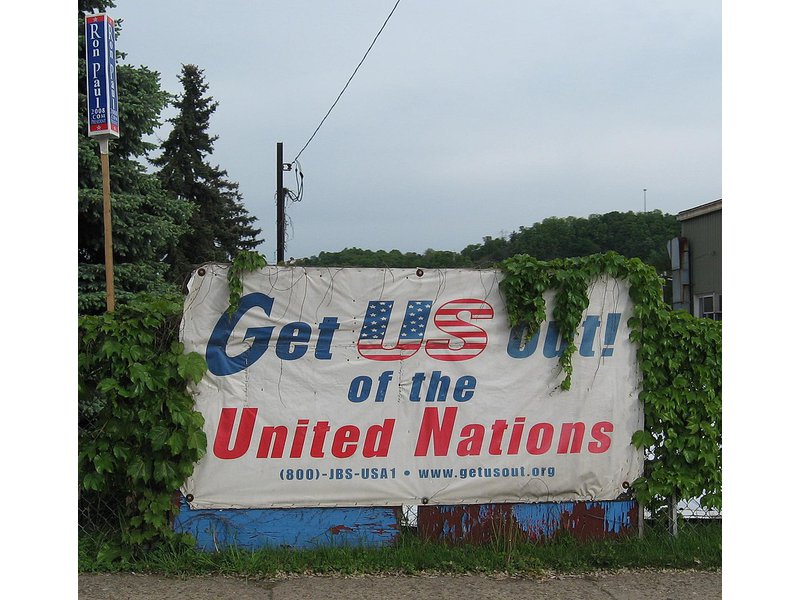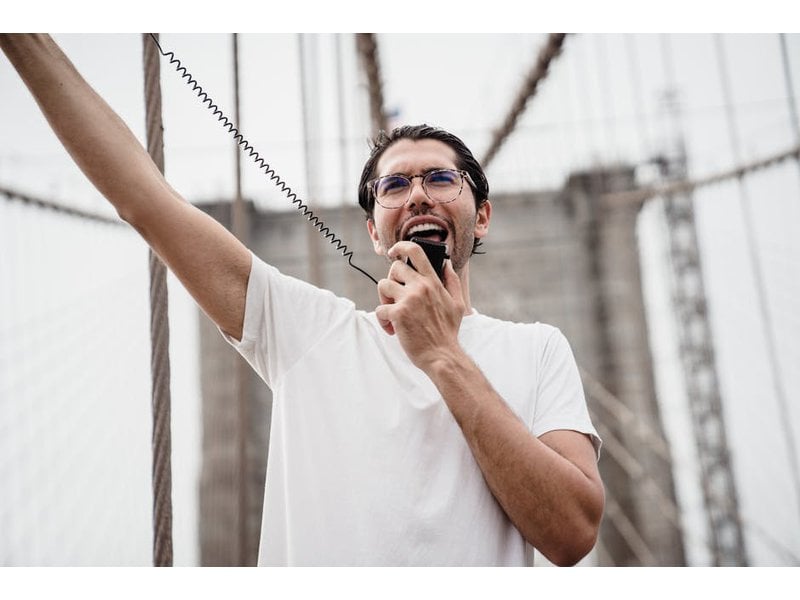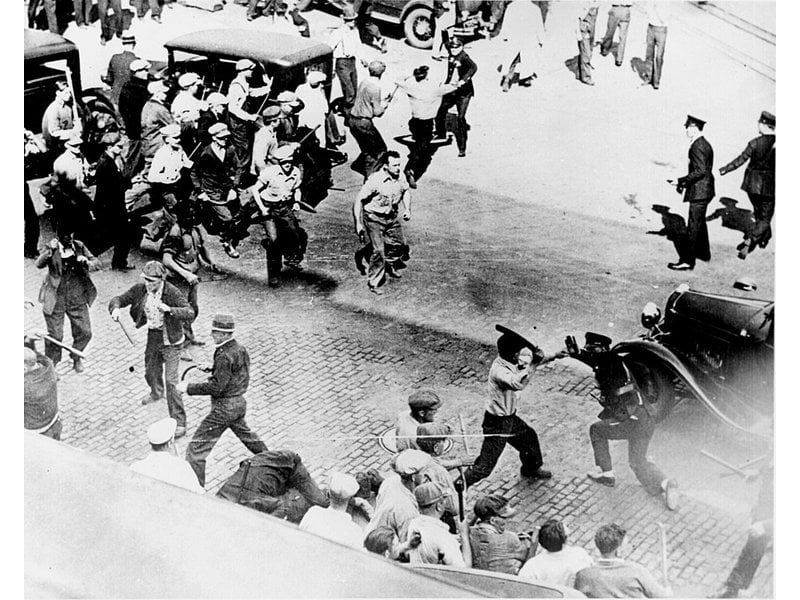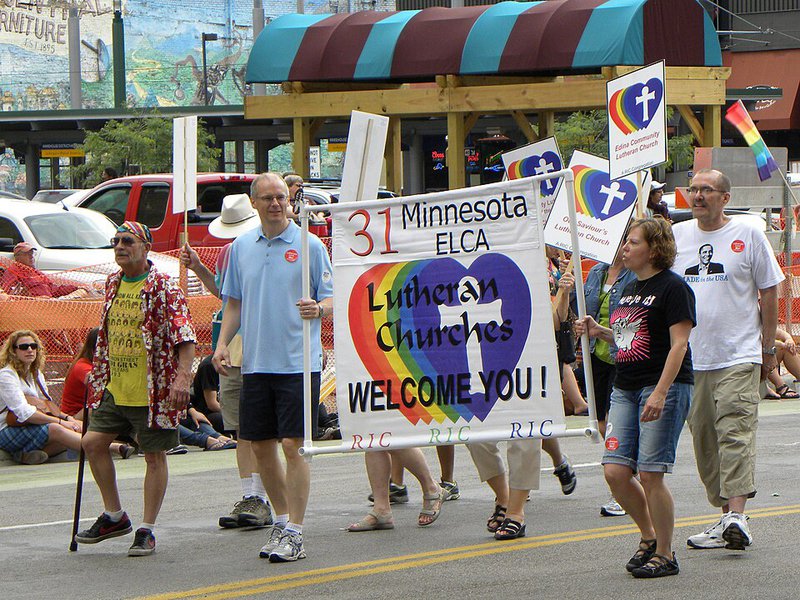156 refusal of membership in international bodies
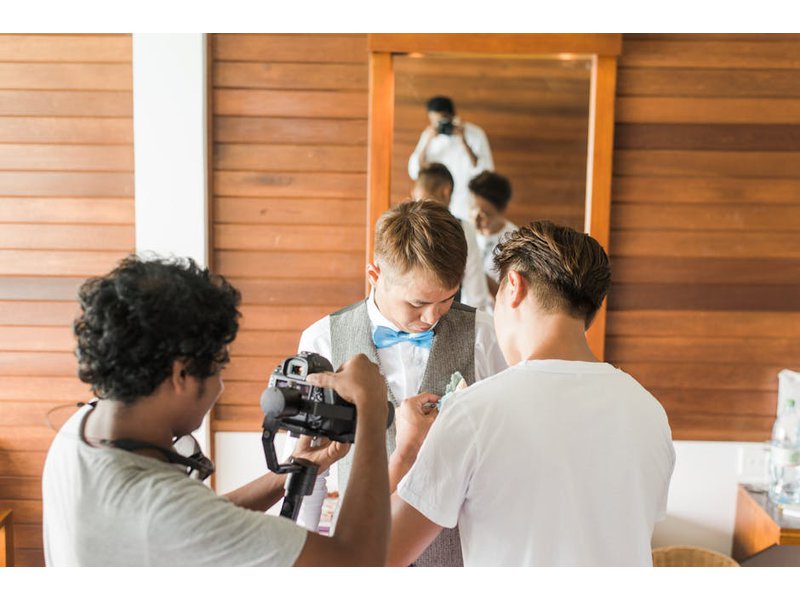
"Governments may be refused membership by international institutions because of political rivalries, disapproval of the government in question, and other reasons. The most outstanding example of this was the refusal for more than twenty years by the United Nations to seat delegations from the Communist government of mainland China as the representatives of China, in place of the delegates from the Nationalist government, which controlled only the island of Formosa (Taiwan)."...
Potentially awesome partners
High scoring campaigns using this method
Historical cases from the Nonviolent Action Database that used this method
Trans-national resistance forces South Africa out of the Mexico City Summer Olympics, 1968
During the 1964 Tokyo Olympics, the International Olympic Committee (IOC) banned the South African team from participating in the Olympics in order to demonstrate the unified and international disapproval of South African apartheid.\n\nIn order to pa...
Turkish feminist and LGBT groups campaign to reform the Penal Code, 2002-2004
During the 1990s, feminist and queer activist groups campaigned heavily to reform the Turkish Civil Code, which held many provisions that subordinated women such as establishing the supremacy of the husband in the family. In November of 2001, a new C...
Ogoni people struggle with Shell Oil, Nigeria, 1990-1995
The Ogoni region is a highly oil-rich area in the Niger Delta area of Nigeria, populated by approximately 500,000 members of the Ogoni People. Since the Shell Petroleum Development Company discovered oil in Ogoniland in 1958, the region has been plag...
Low scoring campaigns using this method
Historical cases from the Nonviolent Action Database that used this method
